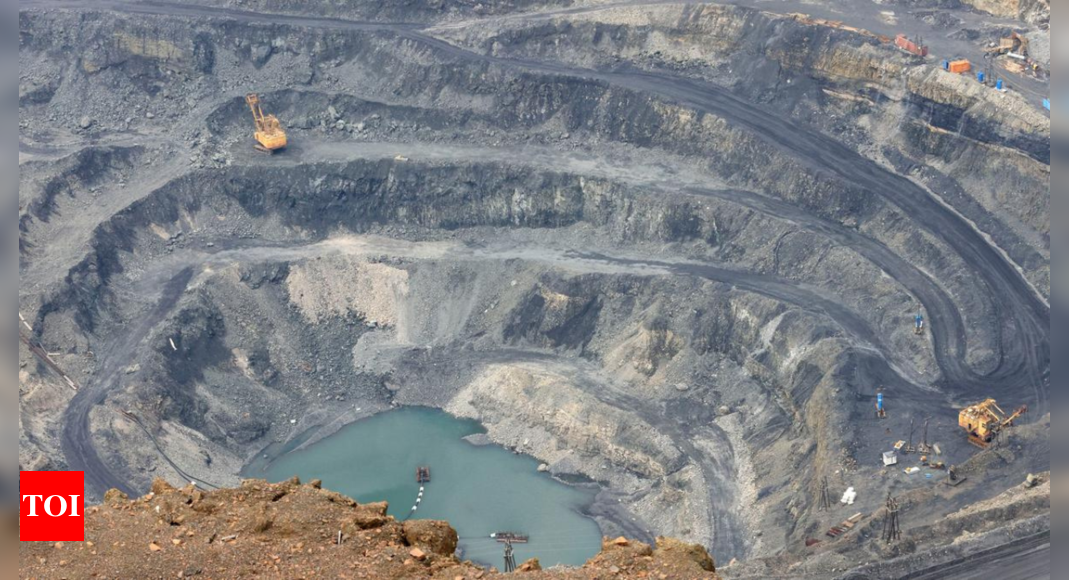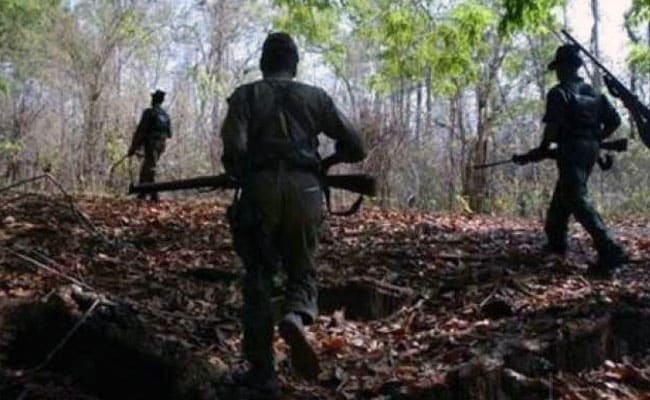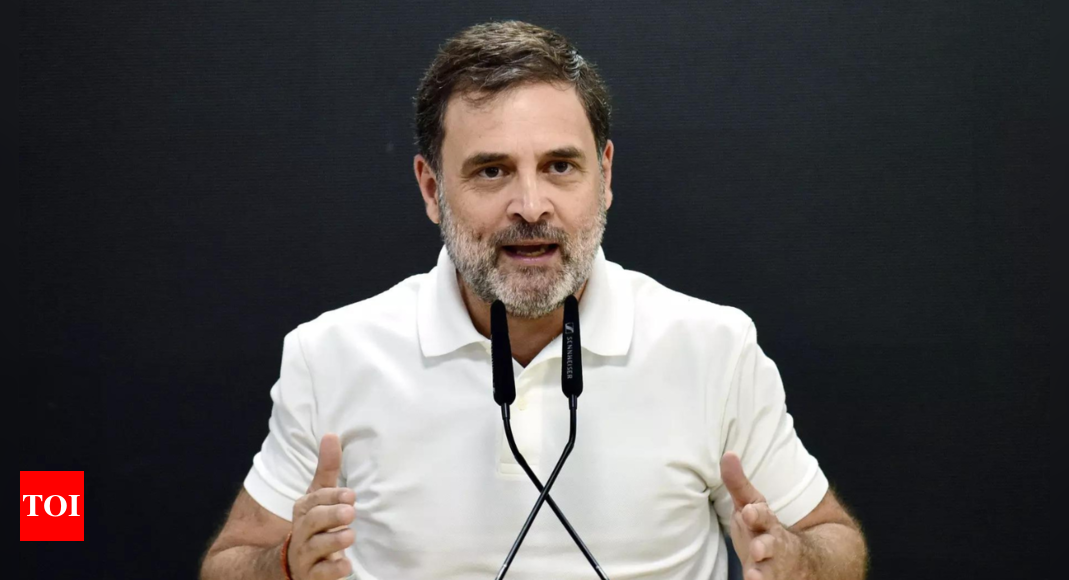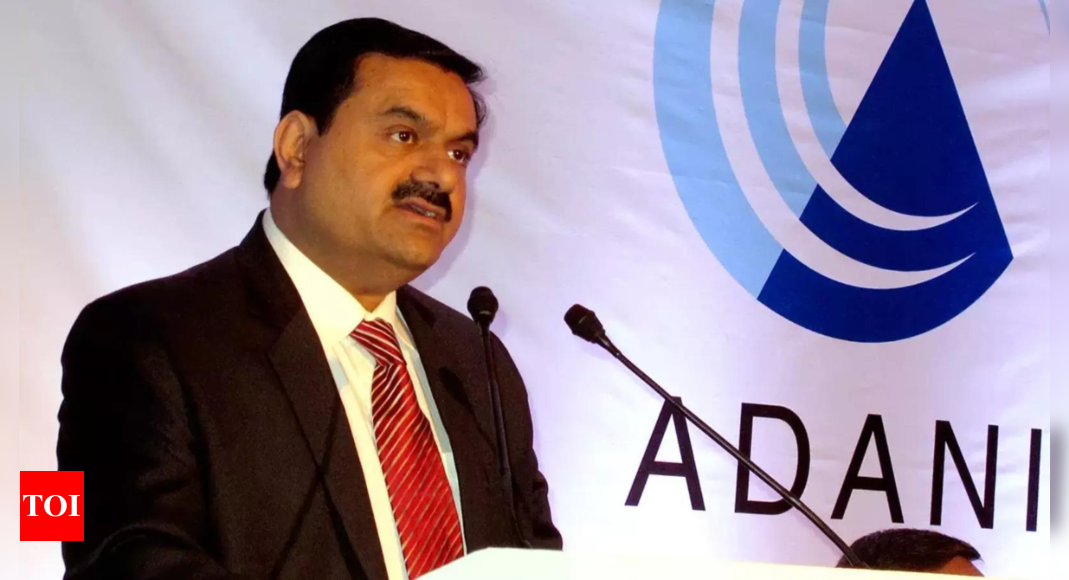
At least 30 people have been killed in a series of violent clashes between rival tribes over a disputed gold mine in Papua New Guinea, police confirmed on Monday.
Police say over 300 shots were fired on Sunday as tribal factions engaged in deadly shootouts. The situation escalated so severely that security forces have been granted emergency powers, including the authorisation of “lethal force” to restore order.Papua New Guinea’s police commissioner, David Manning, said, “Put simply, if you raise a weapon in a public place or to threaten another person, you will be shot”, according to BBC News.
The issue was centred around the Porgera gold mine in the country’s central highlands. Violence erupted after members of the Sakar clan settled on land owned by their rivals, the Piande, in August. Efforts at peace talks between the clans have failed.
As part of the emergency measures, alcohol sales have been banned, and an overnight curfew is in place in the affected areas. Schools, hospitals and government offices have been shut down. The Canadian-owned Porgera mine briefly suspended operations due to the fighting.
“This deteriorating situation has been caused by illegal miners and settlers who are using violence to terrorise local communities and victimise traditional landowners,” said Commissioner Manning.
“Over the past 24 hours a significant escalation in tribal fighting has impacted many of our local employees. Homes have been destroyed, family and friends injured or killed, and people have been unable to sleep while living in fear,” New Porgera General Manager James McTiernan said in a statement on Sunday, as per the Associated Press.
“I am incredibly saddened by these devastating events and sincerely hope that the government will soon restore peace to the valley,” McTiernan added.
Tribal conflicts are not uncommon in Papua New Guinea’s highlands, but the influx of automatic weapons has scaled up the violence. The Porgera gold mine once accounted for 10% of the country’s annual exports, but tribal unrest and government delays have majorly disrupted production in recent years.
Pope Francis, during a visit earlier this month, appealed to “stop the spiral of violence,” saying, “It causes many victims, prevents people from living in peace, and hinders development.”
“It is my particular hope that tribal violence will come to an end,” he said.
Police say over 300 shots were fired on Sunday as tribal factions engaged in deadly shootouts. The situation escalated so severely that security forces have been granted emergency powers, including the authorisation of “lethal force” to restore order.Papua New Guinea’s police commissioner, David Manning, said, “Put simply, if you raise a weapon in a public place or to threaten another person, you will be shot”, according to BBC News.
The issue was centred around the Porgera gold mine in the country’s central highlands. Violence erupted after members of the Sakar clan settled on land owned by their rivals, the Piande, in August. Efforts at peace talks between the clans have failed.
As part of the emergency measures, alcohol sales have been banned, and an overnight curfew is in place in the affected areas. Schools, hospitals and government offices have been shut down. The Canadian-owned Porgera mine briefly suspended operations due to the fighting.
“This deteriorating situation has been caused by illegal miners and settlers who are using violence to terrorise local communities and victimise traditional landowners,” said Commissioner Manning.
“Over the past 24 hours a significant escalation in tribal fighting has impacted many of our local employees. Homes have been destroyed, family and friends injured or killed, and people have been unable to sleep while living in fear,” New Porgera General Manager James McTiernan said in a statement on Sunday, as per the Associated Press.
“I am incredibly saddened by these devastating events and sincerely hope that the government will soon restore peace to the valley,” McTiernan added.
Tribal conflicts are not uncommon in Papua New Guinea’s highlands, but the influx of automatic weapons has scaled up the violence. The Porgera gold mine once accounted for 10% of the country’s annual exports, but tribal unrest and government delays have majorly disrupted production in recent years.
Pope Francis, during a visit earlier this month, appealed to “stop the spiral of violence,” saying, “It causes many victims, prevents people from living in peace, and hinders development.”
“It is my particular hope that tribal violence will come to an end,” he said.









